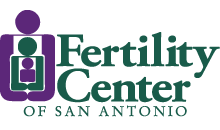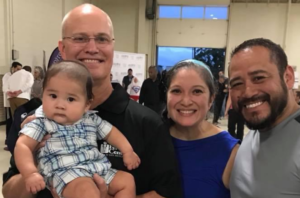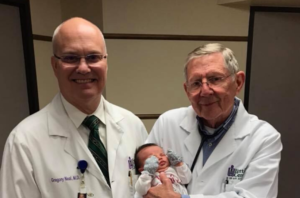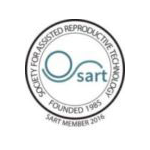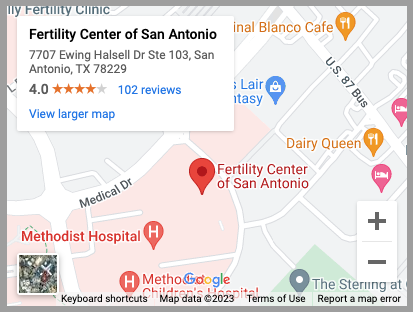FATIGUE AFTER IVF – SAN ANTONIO, TX
The team at the Fertility Center of San Antonio have helped many patients over the years through in vitro fertilization (IVF). It’s one of the most popular and effective options available for couples and individuals who would like to start their own families.
Like any sort of medical procedure, IVF has certain side effects associated with it as part of treatment. Fatigue is one of these side effects. Let’s cover some of the basics of IVF and then explore why fatigue tends to affect women who undergo the procedure.
About the In Vitro Fertilization (IVF) Process
IVF is an assisted-reproduction procedure that helps increase the chances of pregnancy. It can address female-factor infertility, male-factor infertility, and mixed-factory infertility.
During IVF, a woman’s eggs are harvested and fertilized in a lab setting. Once fertilization has occurred, the fertilized eggs are placed in an incubator so cellular division takes place. After an embryo develops, it is then transferred back into the uterus so it can develop naturally in the womb.
The Side Effects of IVF Treatment
Since the IVF process uses fertility drugs to alter a woman’s hormones and help control her cycle, there are bound to be side effects from treatment. These side effects are normal and resolve on their own over the course of a few days as hormone levels return to normal. That said, women may notice issues with their appetite, bloating, nausea, breast sensitivity or soreness, headaches, and mood swings.
Fatigue as Part of IVF
Another common side effect that many women experience at different stage of the IVF process is fatigue. The fatigue may be a response to the initial use of fertility drugs to promote ovulation, or it can occur as the body responds to the embryo being transferred to the uterus. What’s more, fatigue may be experienced two or three weeks after embryo transfer as one of the first signs of successful pregnancy.
Whatever the case may be, many women experience fatigue during IVF, and this is natural. It’s similar to the types of side effects experienced during an actual pregnancy.
Why Does Fatigue Occur During IVF?
The primary cause of fatigue during the IVF process is a heightened level of progesterone in the body. During natural pregnancies, progesterone increases in order to help maintain and sustain a healthy embryo lining. As part of the embryo transfer process, fertility drugs are used to boost progesterone so that the embryo attaches to a healthy uterine lining.
What Can Be Done to Address IVF Fatigue?
Like the other side effects we’ve noted, fatigue from the IVF process can be troublesome, but remember that it is only temporary. Many patients are able to continue about their day to a generally normal degree. Take time and be patient and kind with yourself as you go through the IVF process.
If the fatigue and other side effects negatively impact your normal routine, be sure to discuss this with your fertility specialist. They may offer insight into your situation that proves helpful in managing these side effects without impacting the overall treatment process.
Learn More About IVF
If you would like to learn more about IVF and your many other options for fertility treatment, we encourage you to contact an experienced fertility treatment specialist. The team here at the Fertility Center of San Antonio will work with you to enhance your chances of successful pregnancy.
